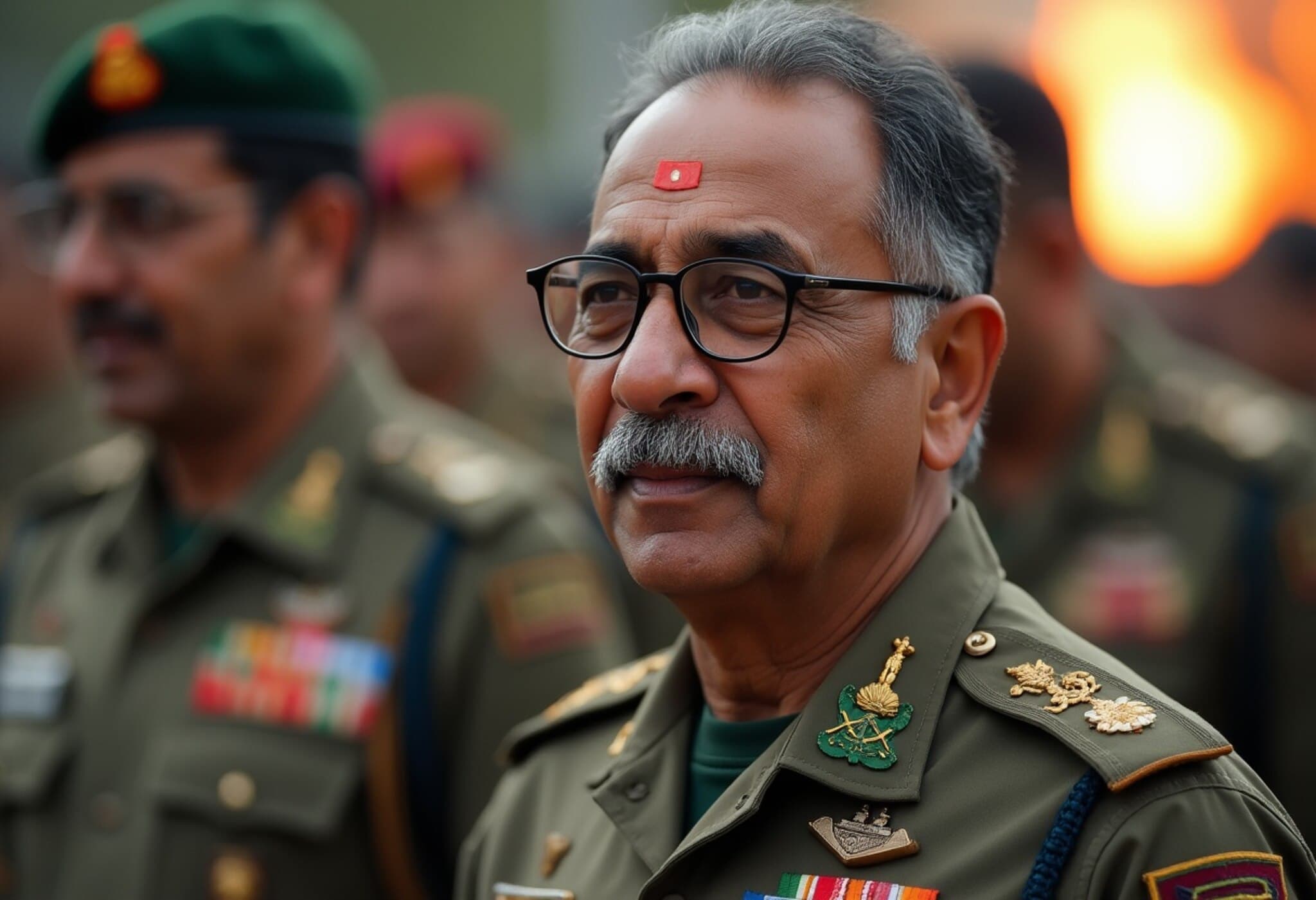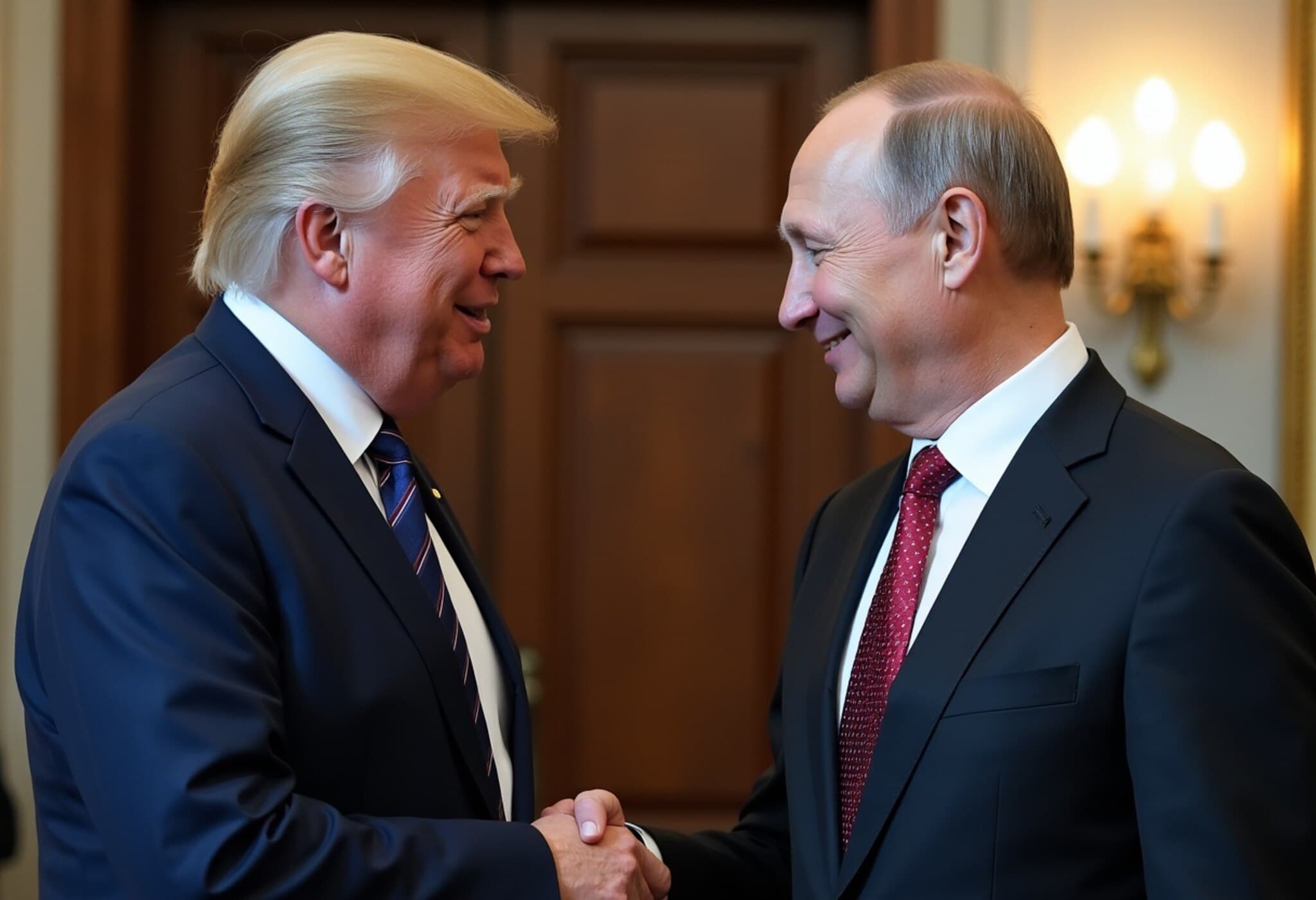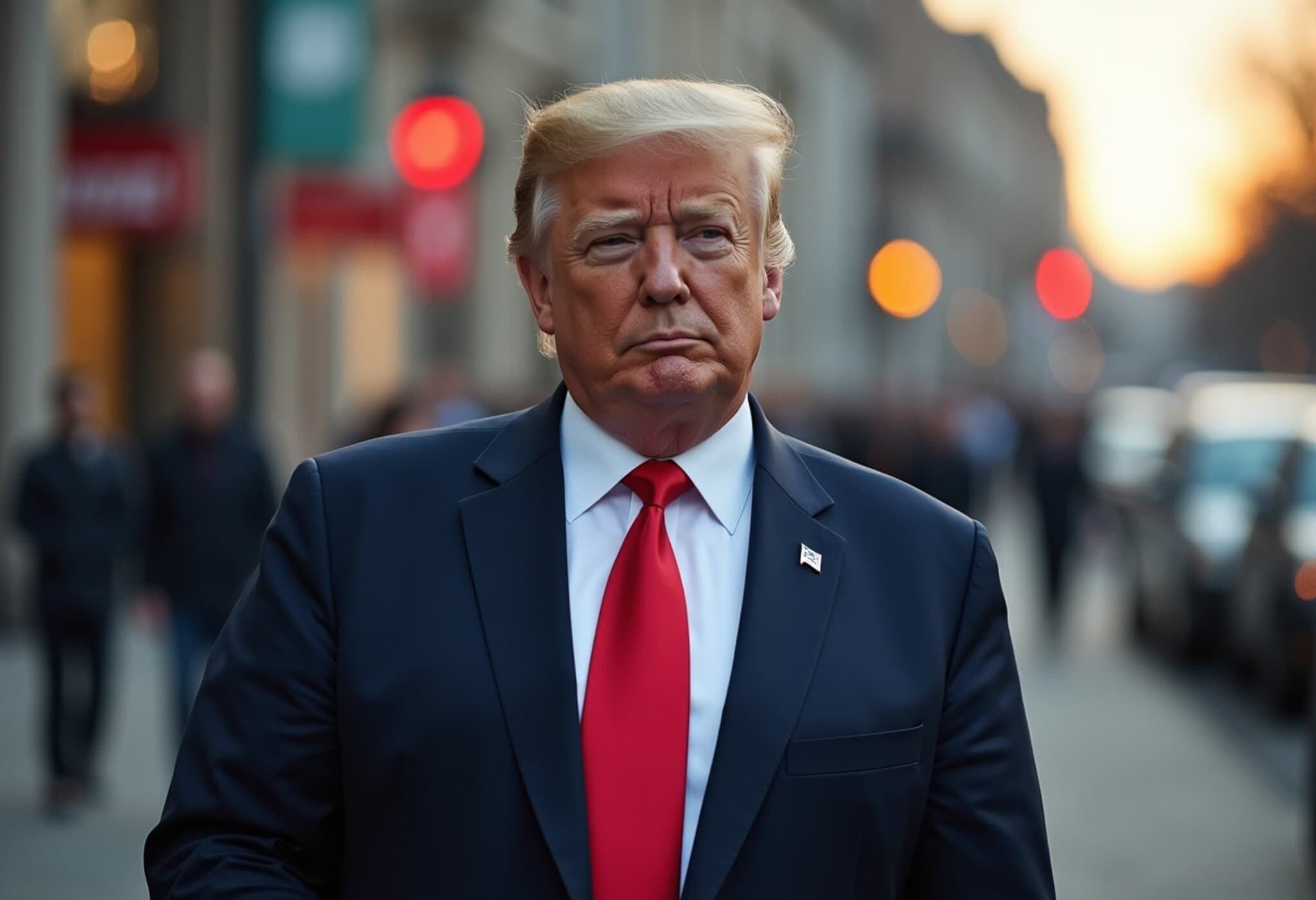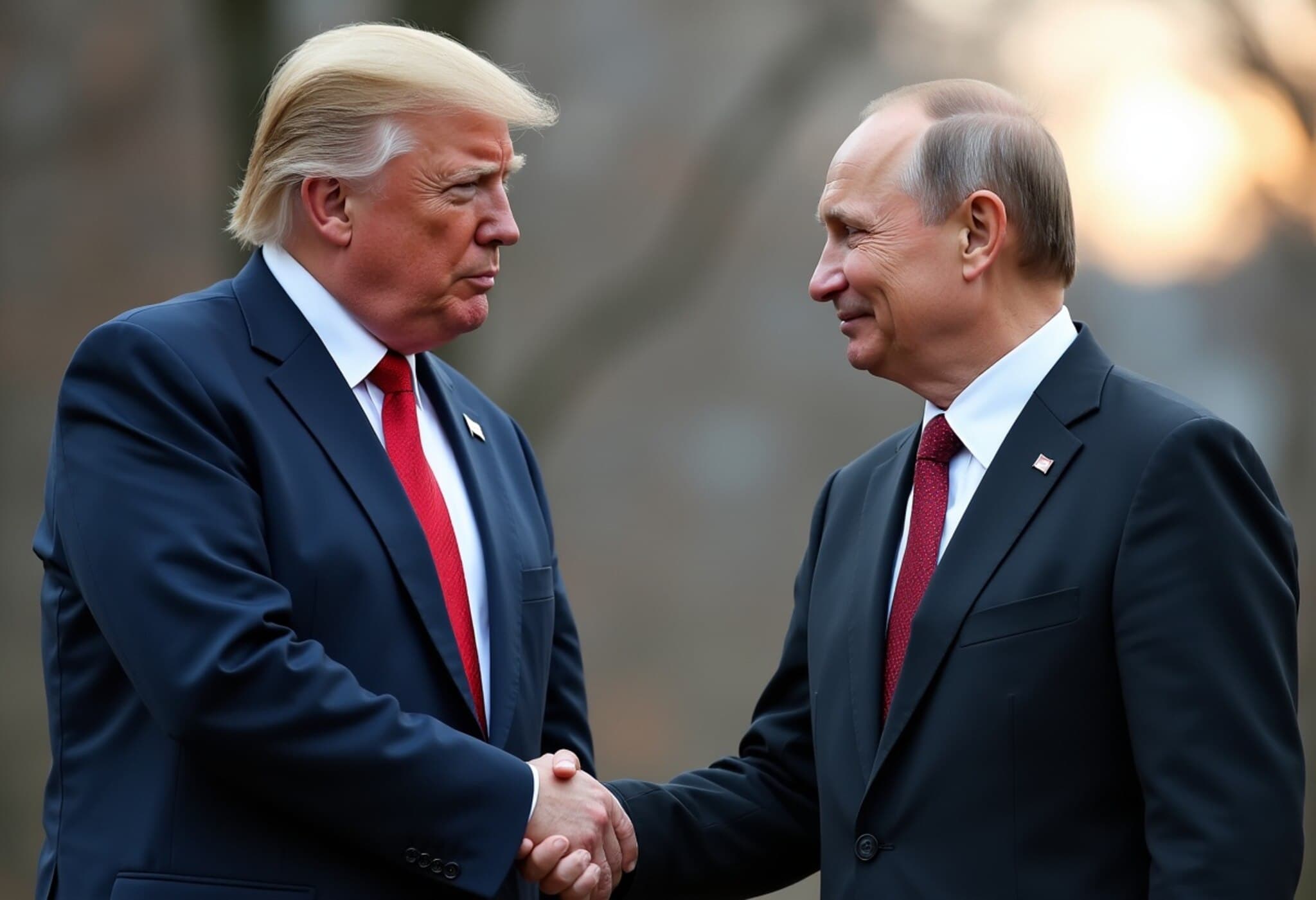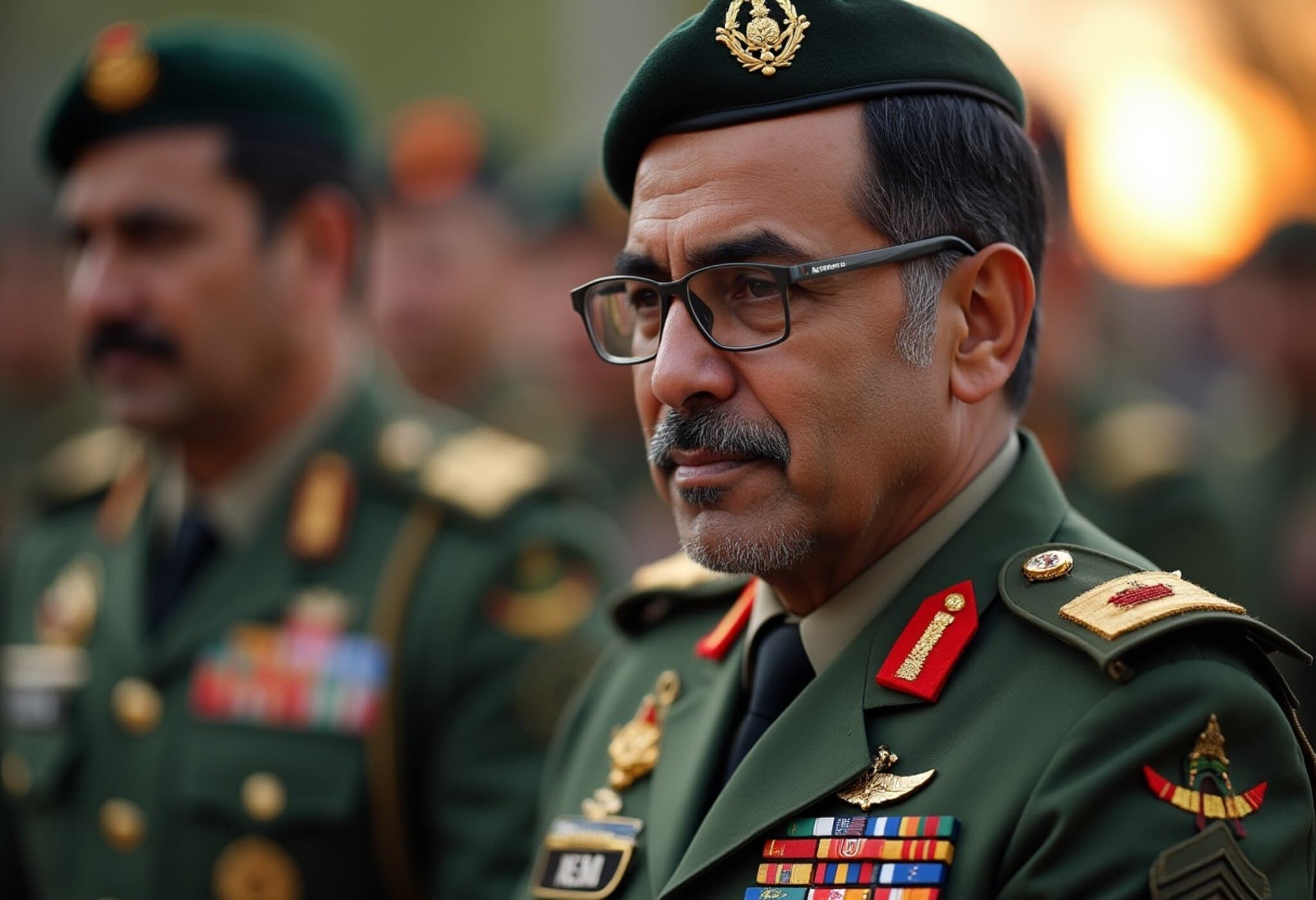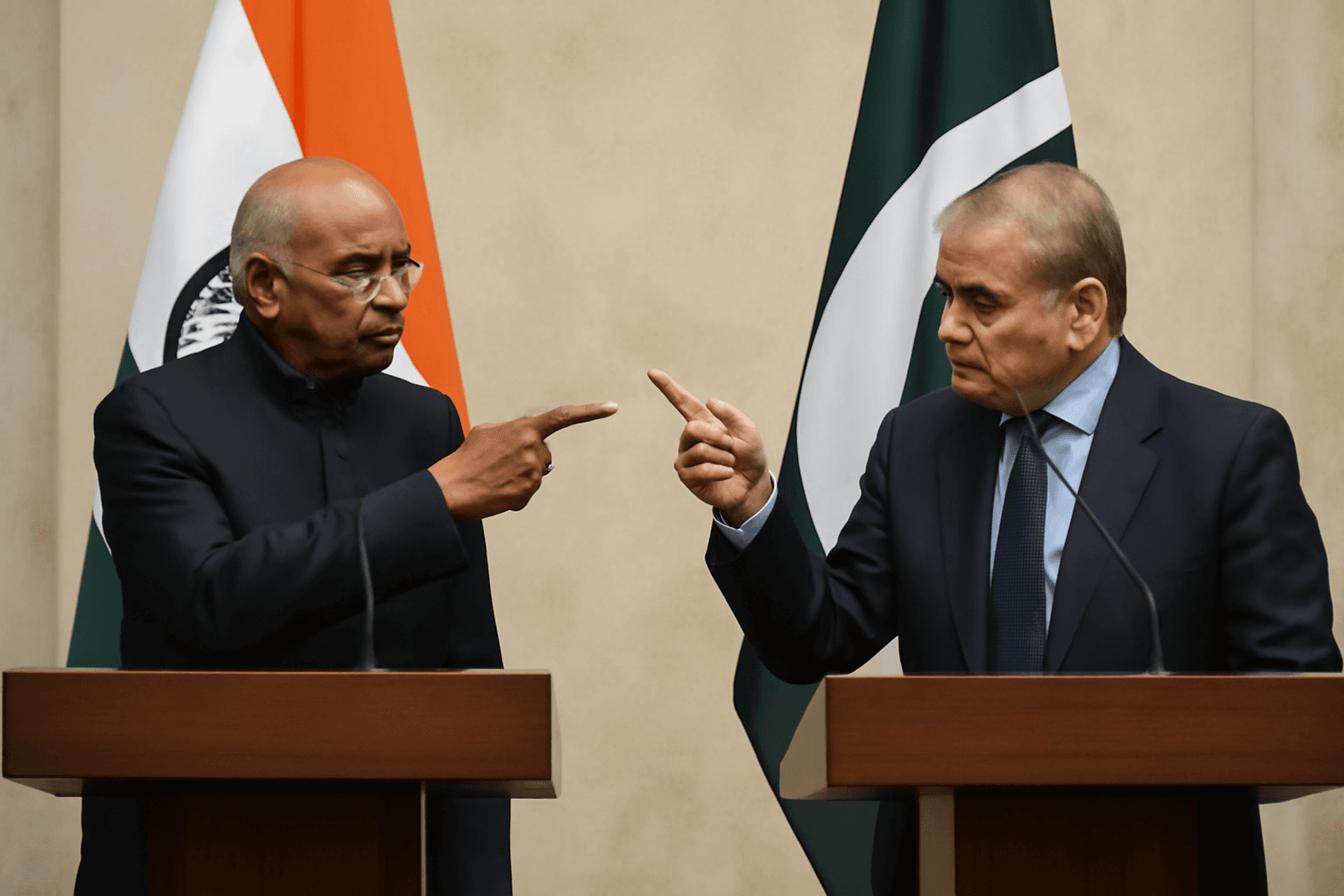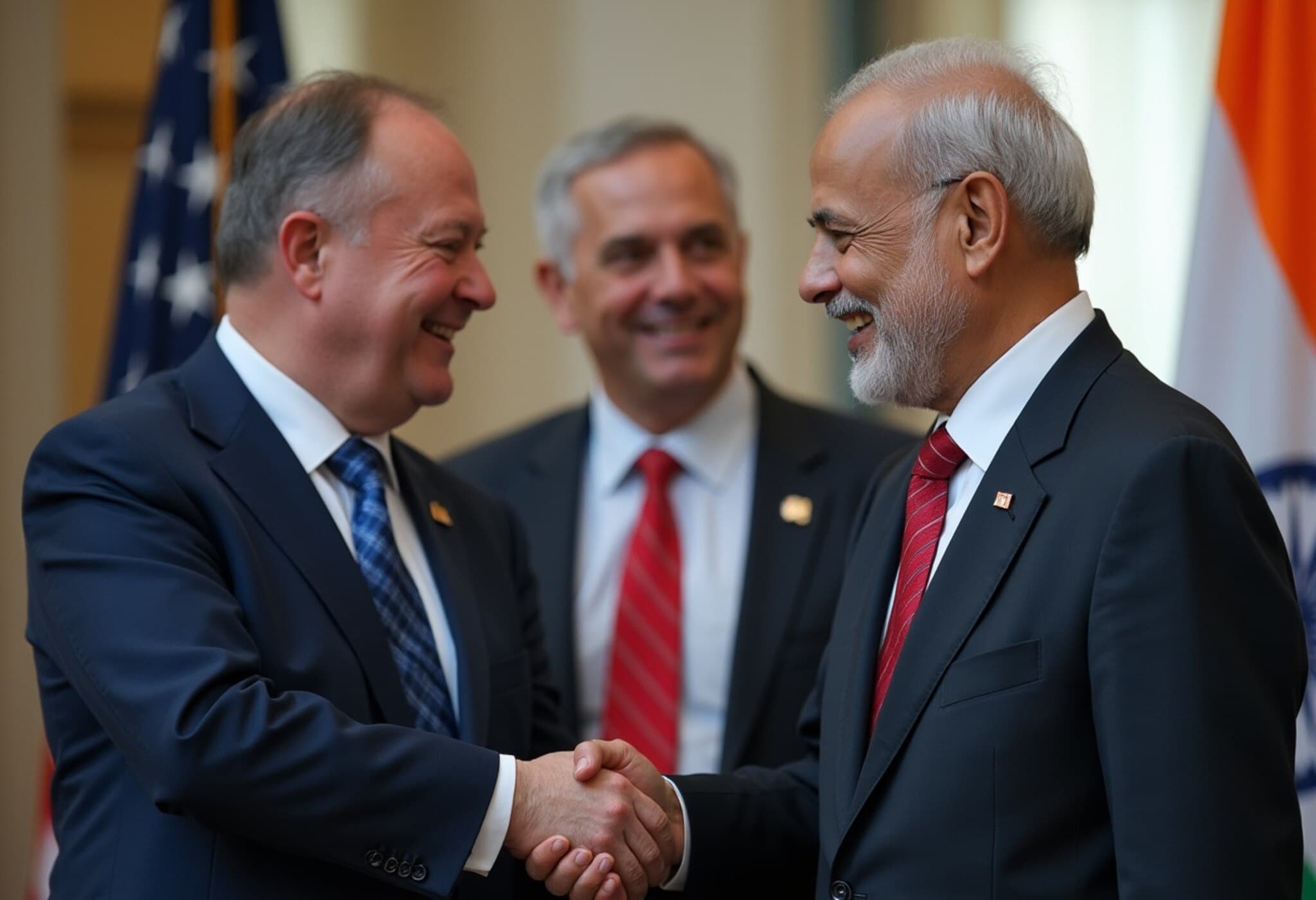Rajnath Singh Critiques Pakistani Army Chief’s Demeaning Comparison of India and Pakistan
India’s Defence Minister, Rajnath Singh, has sharply rebuked the inflammatory remarks made by Pakistan Army Chief General Asim Munir, who recently compared India to a Ferrari and Pakistan to a dump truck. Singh described Munir’s analogy as a “confession of failure” by Pakistan and condemned his nuclear threats as reflecting a plundering mentality embedded in the Pakistani military.
The Ferrari and Dump Truck Analogy: A National Self-Reflection
During a public address marking the 16th Foundation Day of IIT Mandi, Himachal Pradesh, Rajnath Singh eloquently unpacked Munir’s remarks. Munir had stated that when a Ferrari collides with a gravel-laden dump truck, the Ferrari is the one damaged — a metaphorical jab intending to depict Pakistan’s alleged resilience against India’s progress.
Rajnath Singh countered this by highlighting India’s impressive economic achievements. “India's economy is like a Mercedes and Ferrari running smoothly on the global highway, while Pakistan’s economy resembles a dump truck laden with debris,” he said. Singh emphasized that this comparison points to Pakistan's failure in nation-building despite both countries gaining independence simultaneously.
Nuclear Threats and Global Concerns
Beyond the analogies, Asim Munir’s speech included alarming nuclear threats against India. Speaking at a private event in Florida, Munir warned that Pakistan, as a nuclear power, could potentially trigger massive destruction if it felt cornered, stating, “if we think we are going down, we’ll take half the world down with us.” He also threatened to destroy Indian infrastructure, specifically a dam, using missile strikes.
These threats, voiced from American soil during a dinner hosted by businessman Adnan Asad, sparked outrage within India and drew rebukes from the Indian Ministry of External Affairs (MEA). The MEA explicitly condemned these statements as reckless and irresponsible, underscoring concerns over the security and command control of Pakistan’s nuclear arsenal, especially given the Pakistani military's alleged ongoing ties with terrorist organizations.
Diplomatic Implications and the US Response
The fact that Munir made such incendiary remarks while in the United States has raised uncomfortable questions about diplomatic protocols and allied responsibilities. India’s MEA expressed regret that US soil was used as a platform to issue threats against a friendly nation, highlighting the delicate balance in US-Pakistan-India relations.
Observers note that such statements foreground the complex security landscape in South Asia, where rhetoric of hostility continues to undermine efforts toward peace and stability. The US, while a key security partner for India, also maintains strategic relationships with Pakistan, complicating diplomatic responses.
Expert Commentary: What This Means for Regional Stability
Security analyst Dr. Anita Verma notes, “Munir’s remarks are symptomatic of the deep-seated insecurities within Pakistan’s military leadership. Publicly projecting nuclear threats not only escalates tensions but also reflects internal crises in governance and economic management.” She further explains that Rajnath Singh’s framing of these comments as a ‘confession’ hits a nerve by pointing out Pakistan’s self-inflicted challenges over decades.
Economist Rajiv Malhotra adds, “The economic analogy isn’t just rhetoric; it encapsulates divergent policy successes. India’s consistent reforms and growth have positioned it for global leadership, while Pakistan’s economic instability feeds into a militarized mindset focused on perceived external threats rather than development.”
Breaking the Cycle: India’s Response and the Path Ahead
Defence Minister Singh referenced India’s decisive actions such as Operation Sindoor, which set new red lines in territorial security, signaling India’s intent to not let provocations go unanswered. His call to “break the delusion of the Pakistani Army” suggests a push for deeper dialogue within India’s strategic community to counter destructive narratives with resilience.
As this episode unfolds, it raises critical questions about the role of international diplomacy, media responsibility in reporting incendiary speech, and the long-term prospects for peace between two nuclear-armed neighbors whose histories are deeply intertwined with conflict and cooperation alike.
Editor's Note
General Asim Munir’s provocative rhetoric offers a rare window into Pakistan’s internal anxieties and the fragile underpinnings of its military strategy. Rajnath Singh’s response not only rebuffs these threats but smartly reframes them as reflections of deeper national shortcomings. The incident spotlights ongoing challenges in South Asian geopolitics, where words often carry as much weight as actions. Moving forward, it calls for measured diplomacy, robust security measures, and a concerted effort by the international community to foster stability in a region of immense strategic and economic significance.

